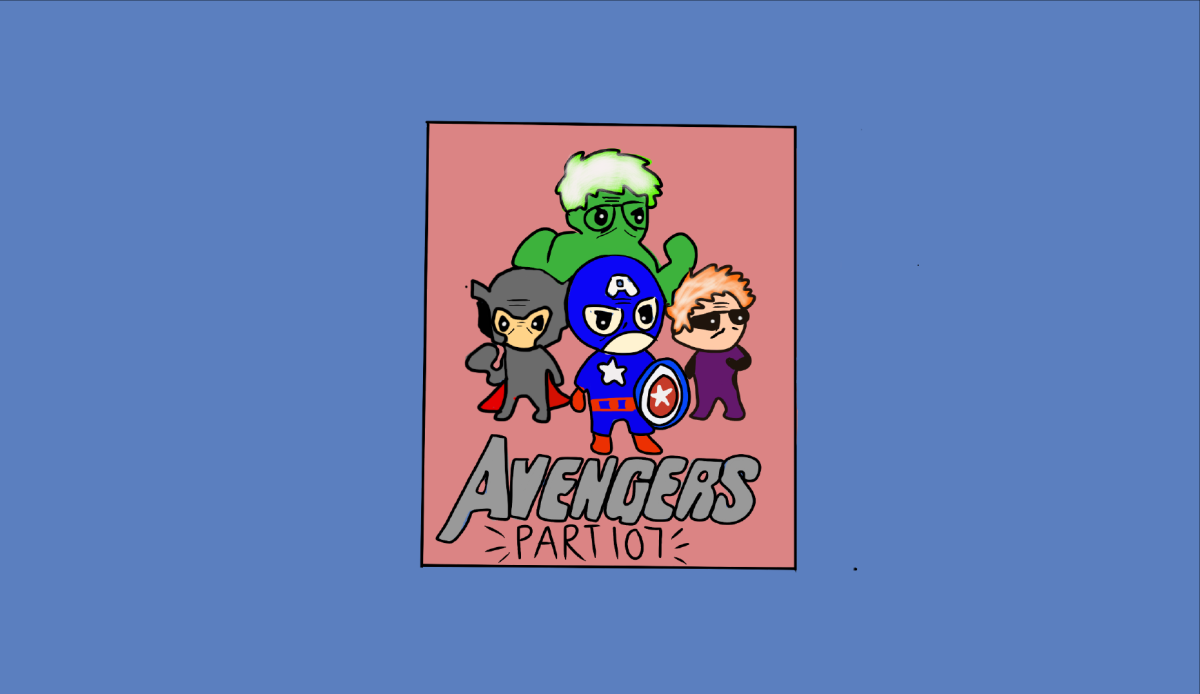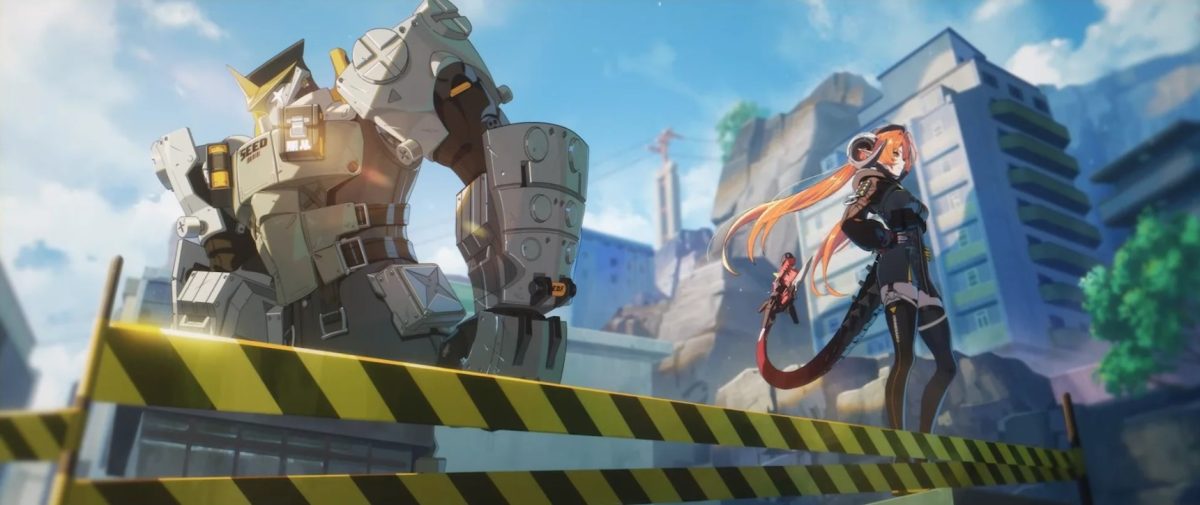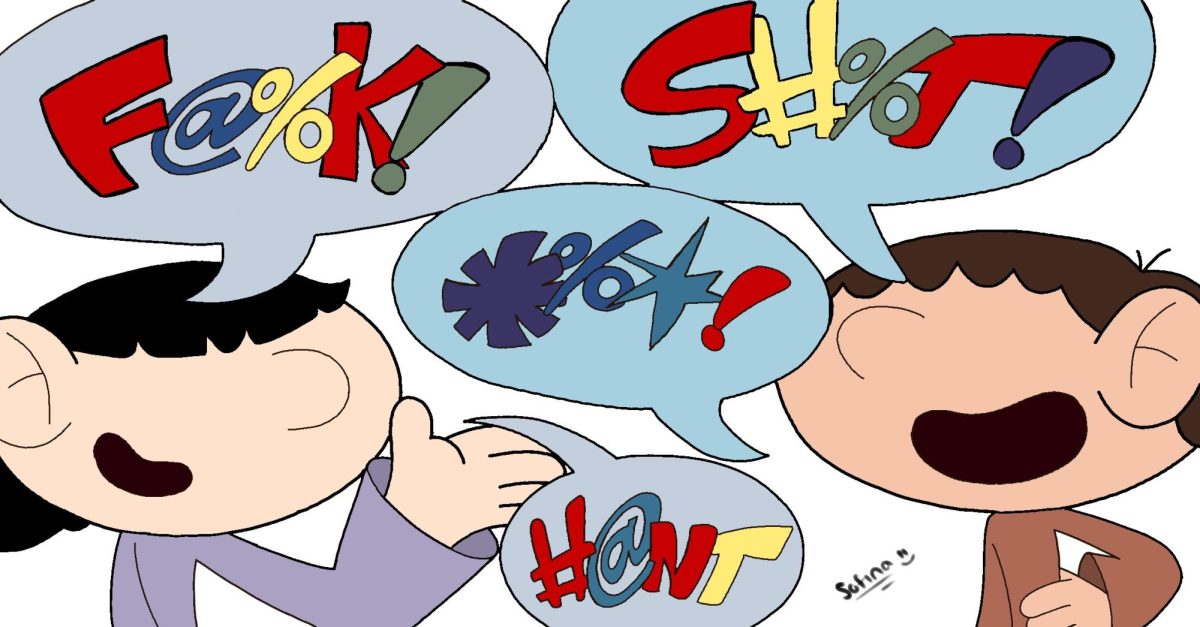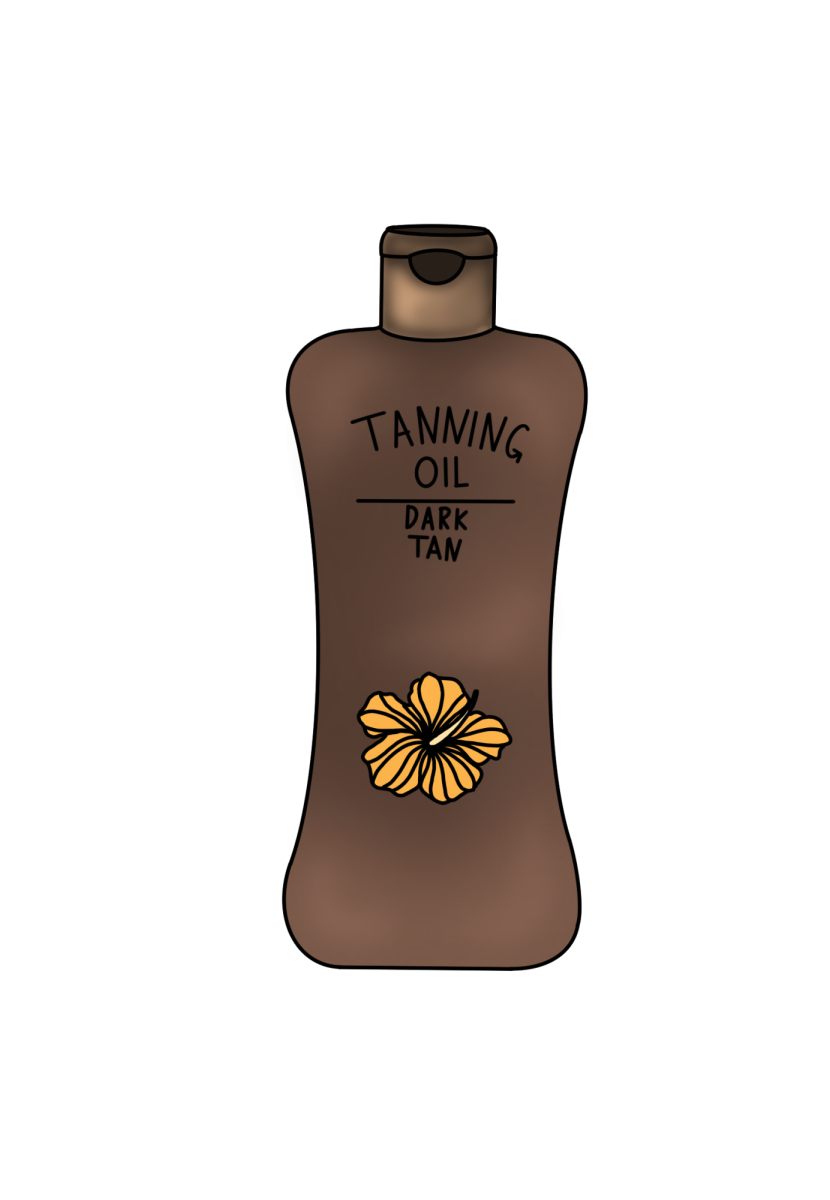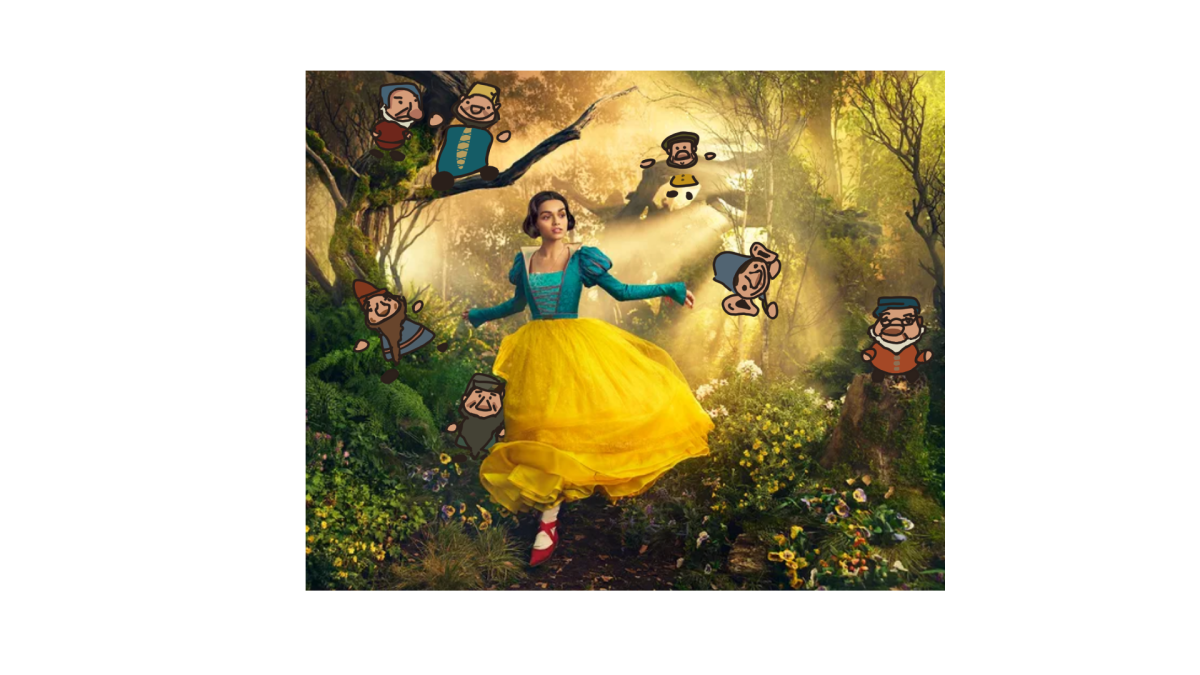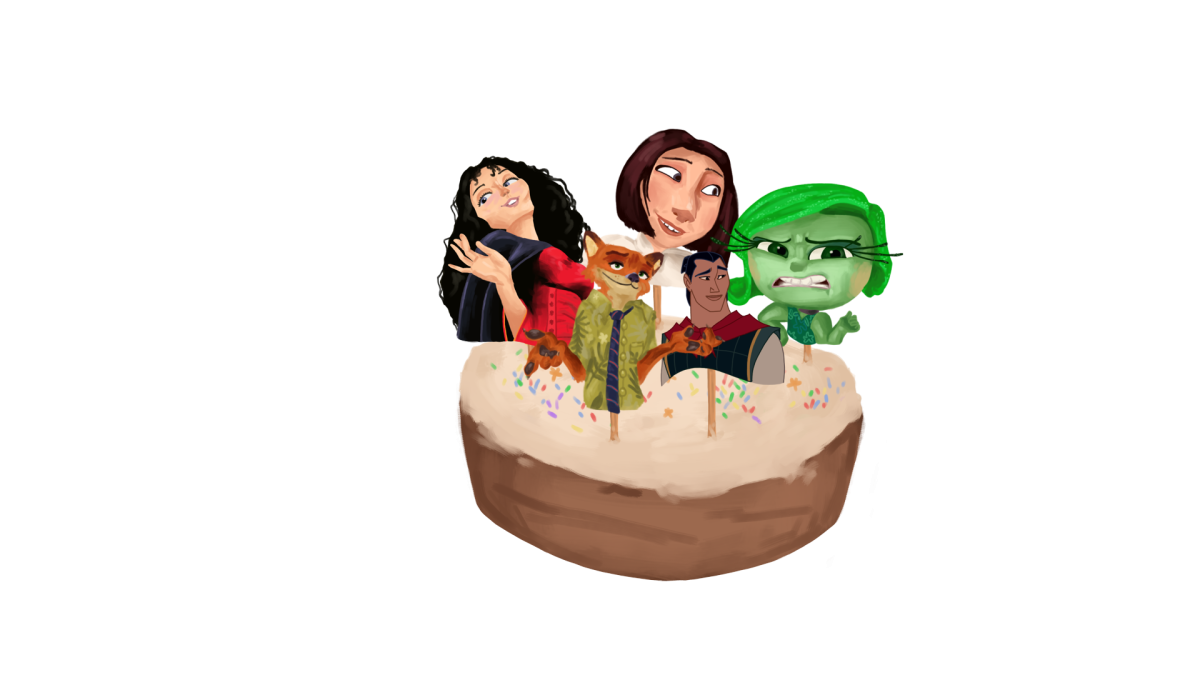The sentimental longing for the past, better known as nostalgia, plagues us all; from fashion trends to how we engage with technology, there is an undeniable yearning for it. Whether it be an 80s song that we cannot stop humming or a childhood toy that has suddenly made a comeback, the past continues to shape our present. Nostalgia has a unique way of making us feel connected to the parts of life we often feel were simpler, purer.
This longing for familiarity and warmth has shaped pop culture in recent years. It is hard to ignore the rise of reboots, remakes and homages to the past as they dominate the entertainment industry. We are repeatedly drawn back to those iconic decades, but at what cost? Is this trend merely harmless fun or stifling the diversity of thought?
For many, revisiting the past offers comfort and a sense of security. Childhood memories are often wrapped up in feelings of innocence and joy; it is only natural that we might want to escape to those times, especially in a world full of uncertainty.
Nostalgia has become a key ingredient in media, from films to music. Studios and production companies have discovered that tapping into past successes is a commercially viable strategy. A beloved franchise or popular show is almost guaranteed to draw in a crowd, giving creators a reliable formula for financial success. For example, the popular 2000s show “Wizards of Waverly Place” is getting a reboot called “Wizards Beyond Waverly Place” featuring many original cast members. While appealing to older audiences who watched it during its original run, the reboot also allows the story to be introduced to a new audience. In an industry where risk can lead to massive losses, the safest bet is to revive what has already worked.
However, while nostalgia content has benefits, there is a growing concern that the entertainment industry’s obsession with the past stifles creativity. When so much emphasis is placed on recreating what has already been done, there is less space for original ideas to thrive. New stories struggle to gain attention in a market saturated with rehashed versions of old favorites. Instead of breaking new ground or exploring fresh perspectives, pop culture becomes a loop of familiar tropes and recycled storylines. Audiences have also started to realize this, most notably with the Marvel Cinematic Universe. The once-thrilling spectacle of heroes saving the world has started to wear thin, with many viewers expressing weariness over repeating the same storylines, character arcs and moral dilemmas. Each film follows a familiar blueprint, which can feel predictable after countless iterations.
The dominance of nostalgia does not mean that we should abandon the past altogether. When done thoughtfully, nostalgic content can strike a balance between honoring what came before and embracing innovation. By blending familiar elements with new ideas, creators can satisfy the desire for comfort while pushing the boundaries of what pop culture can be. New stories and fresh perspectives are vital for cultural growth. By encouraging innovation, we ensure that pop culture reflects the richness and complexity of the world today, not just the one we remember from years ago.


